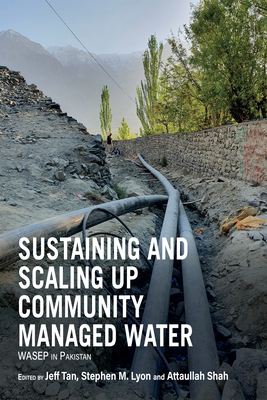Sustaining and Scaling Up Community Managed Water: Wasep in Pakistan

Sustaining and Scaling Up Community Managed Water: Wasep in Pakistan
This book examines the performance and limitations of the Community-based water management (CBWM) model through the case study of the Water and Sanitation Extension Programme (WASEP), a successful community-managed scheme that has delivered clean piped drinking water to over 450 mainly rural settlements in Gilgit-Baltistan, Northern Pakistan.
PRP: 281.74 Lei
Acesta este Prețul Recomandat de Producător. Prețul de vânzare al produsului este afișat mai jos.
253.57Lei
253.57Lei
281.74 LeiIndisponibil
Descrierea produsului
This book examines the performance and limitations of the Community-based water management (CBWM) model through the case study of the Water and Sanitation Extension Programme (WASEP), a successful community-managed scheme that has delivered clean piped drinking water to over 450 mainly rural settlements in Gilgit-Baltistan, Northern Pakistan.
Detaliile produsului









